Crafting the Perfect Film Festival Cover Letter
Submitting your film to a festival is a thrilling step in a filmmaker’s journey, but it’s the cover letter that often makes or breaks your chances. A well-crafted cover letter is your first impression, a crucial opportunity to captivate the selection committee and convince them your film deserves a spot. In this comprehensive guide, we’ll dissect the art of writing a winning cover letter, revealing the secrets to make your submission stand out. We will discuss the importance of each element and how to tailor it for maximum impact, including the crucial aspects of personalization, research, and meticulous formatting. This guide is a must-read for any filmmaker aiming to navigate the competitive world of film festivals.
Understanding the Importance of a Cover Letter
Why is a cover letter so important? It’s more than just a formality; it’s your chance to connect with the festival on a personal level. It provides context, expresses your passion, and highlights what makes your film unique. A strong cover letter transforms your submission from a mere application into a compelling story, inviting the selection committee to delve deeper into your work. It’s your voice, allowing you to articulate your vision and share the journey behind your film. Without a well-written cover letter, the brilliance of your film might be overlooked, lost in a sea of submissions. A well-crafted cover letter demonstrates professionalism, attention to detail, and a genuine interest in the festival itself.
Highlighting Your Film’s Strengths
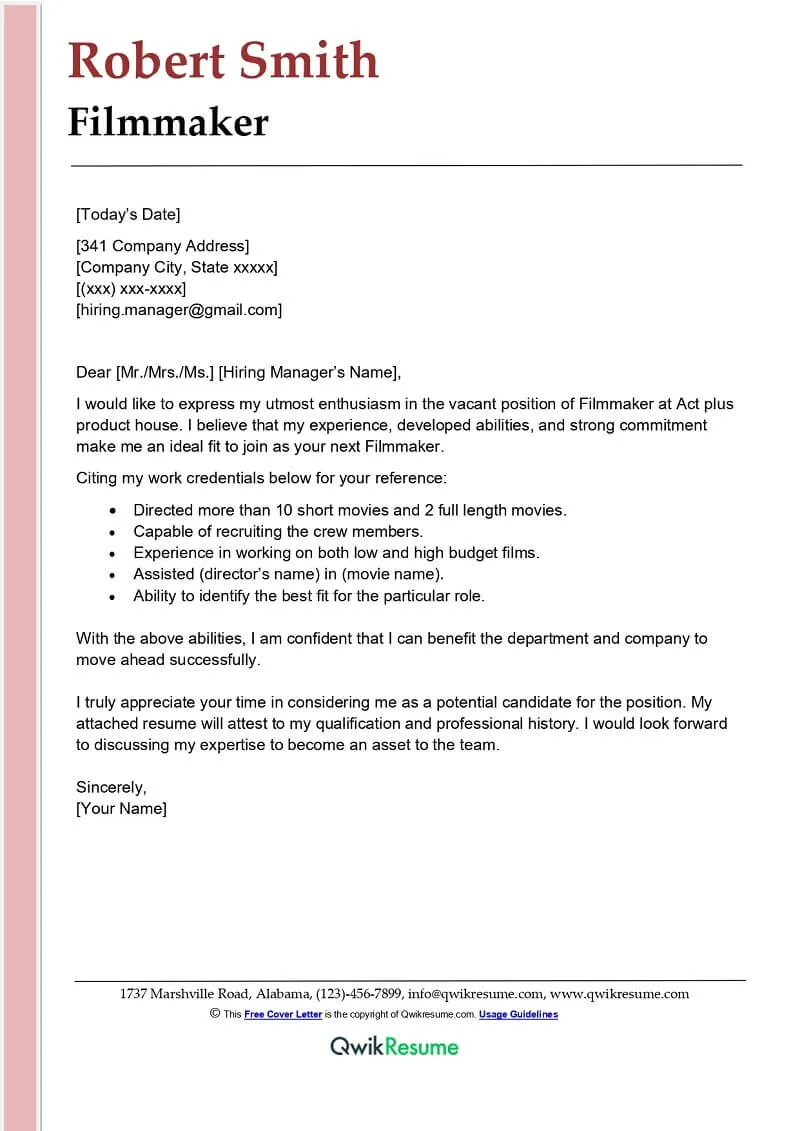
Your cover letter should serve as a spotlight, illuminating your film’s most compelling aspects. Begin by identifying your film’s core strengths. Is it a unique narrative, exceptional cinematography, outstanding performances, or a powerful message? Then, weave these elements into your cover letter, demonstrating how they align with the festival’s values and programming. Instead of simply listing accomplishments, showcase how these strengths enhance the viewing experience. Consider the target audience and tailor your language to resonate with the selection committee, making them eager to see your film. This is where you connect with the hearts and minds of the people that will potentially showcase your film, so make sure that you take your time and highlight the most powerful points.
Key Elements of a Compelling Cover Letter
A successful cover letter is a well-structured document, composed of several key elements. Firstly, a personalized greeting that addresses the festival’s programmer or selection committee by name. Next, a clear statement of your film’s title, genre, and duration. Then, a concise and engaging synopsis. Follow this with a brief explanation of why you chose this particular festival. Include any relevant achievements or awards your film has received, and finally, end with a call to action, expressing your eagerness to screen your film at the festival. Each component plays a vital role in presenting a complete picture of your film and its suitability for the festival.
Personalizing Your Letter
Generic cover letters are a red flag. Personalization demonstrates that you’ve done your research and that you care about the specific festival. Show genuine interest by mentioning something specific about the festival – its focus, past programming, or its mission. Research the selection committee, if possible, and tailor your letter to resonate with their interests. This level of detail makes your letter more memorable and increases your chances of success. Referencing past winners or events can show that you are serious about the submission and that you know what the festival looks for in a film.
Researching the Film Festival
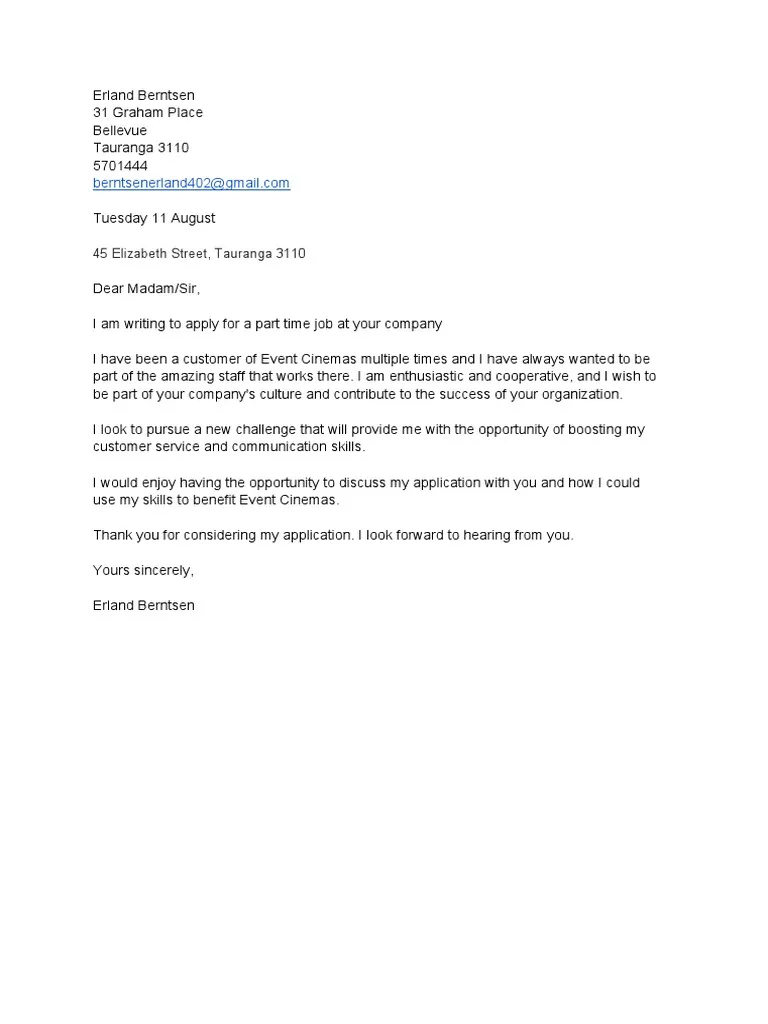
Before you start writing, thorough research is essential. Visit the festival’s website, explore its past editions, and understand its focus. What genres do they favor? What kind of films have they showcased in the past? Familiarize yourself with their mission, values, and target audience. This research informs your language, helping you highlight aspects of your film that align with the festival’s ethos. Understanding the festival’s preferences can give you a significant advantage and increase the likelihood of your film being selected. Look at the various categories and themes of the festival to know what the festival celebrates and how it may align with your film.
Addressing the Right Person
Always address your cover letter to the correct person. If possible, find the name of the festival programmer or the person in charge of film selection. This level of detail shows that you’ve done your homework and that you respect the festival’s organization. If you can’t find a specific name, use a general greeting like “Dear Film Selection Committee” or “Dear Programming Team.” Avoid generic greetings like “To Whom It May Concern,” which can signal a lack of interest or effort. Contacting the festival directly to find out the correct name shows your dedication and professionalism. Using the correct name ensures that your letter goes to the right place and gets the attention it deserves.
Showcasing Your Film’s Achievements
If your film has already received awards, recognition, or positive reviews, now’s the time to highlight them. This information adds credibility and demonstrates that your film has already resonated with audiences and critics. List your achievements concisely and highlight their significance. Mention any festival selections, awards won, or positive reviews you’ve received. Be specific and provide context, but don’t overwhelm the reader with a lengthy list. The goal is to build excitement and persuade the selection committee to watch your film. This helps to add weight to your submission and shows that your film has value and recognition.
Providing Context and Background
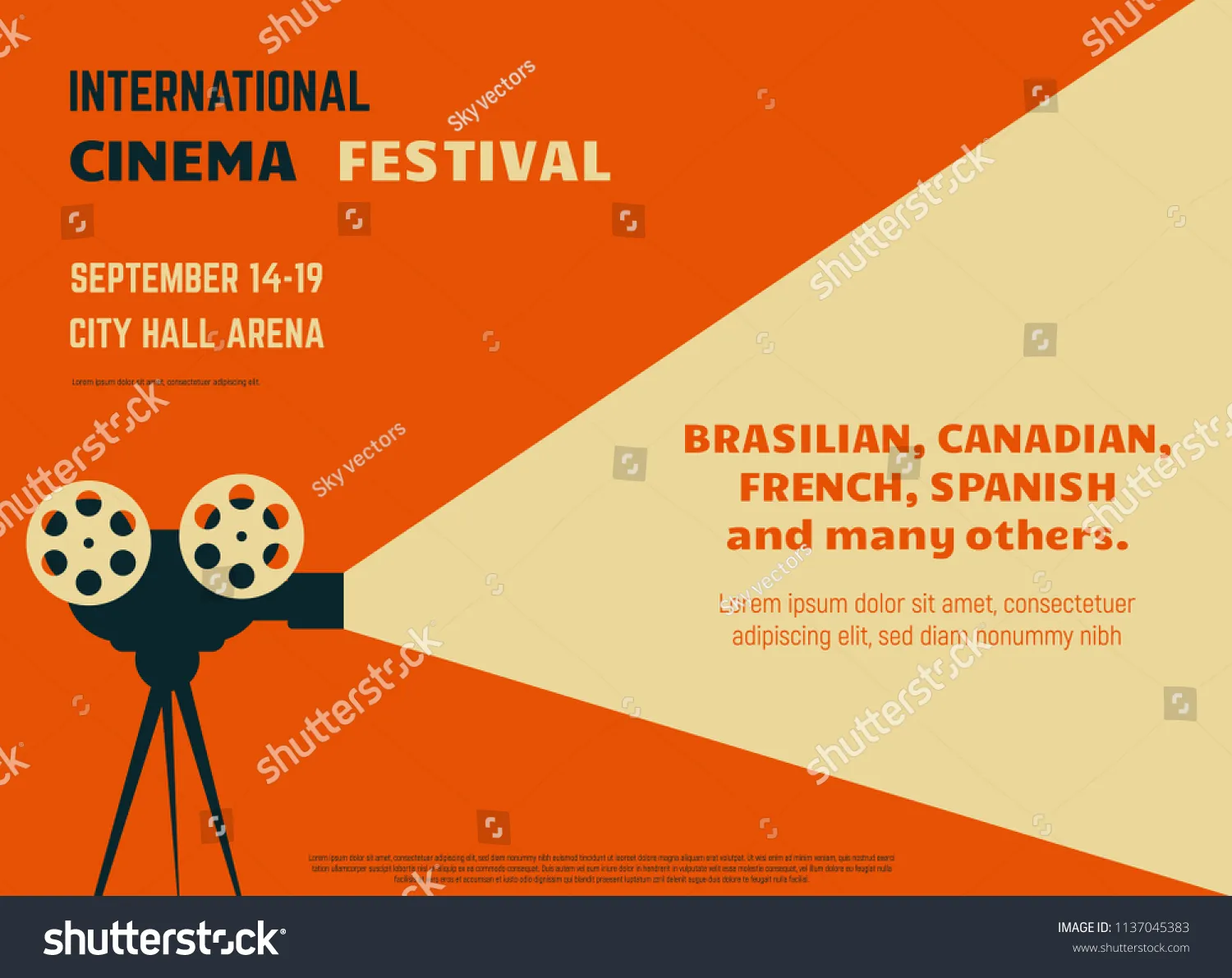
Provide some context about your film, its production, and its themes. Briefly explain the inspiration behind the film, the challenges you faced, and any unique aspects of the production process. This adds depth and allows the selection committee to connect with the story behind the film. Explain the film’s target audience and why it would resonate with the festival’s audience. Be genuine, and let your passion shine through. However, keep it concise and to the point; the focus should always remain on the film itself. This helps the selection committee to know what to expect and builds their excitement before they see your film.
Formatting Your Cover Letter
Formatting is critical. A well-formatted cover letter demonstrates professionalism and attention to detail. Choose a professional font, such as Times New Roman, Arial, or Calibri, with a readable size (11 or 12 points). Use clear headings, spacing, and paragraphs to make your letter easy to read. Maintain consistent formatting throughout the document. A well-formatted letter shows respect for the selection committee’s time and makes your letter more accessible. It ensures that your message is easily understood and that you appear professional.
Formatting Tips
Keep the letter to one page, if possible. Use standard margins (1 inch on all sides). Use bullet points or numbered lists for concise information. Use bold text to highlight key points, but avoid overdoing it. Ensure the letter is free of errors and easily navigable. A well-formatted letter makes a positive impression and helps your letter stand out.
Content Essentials
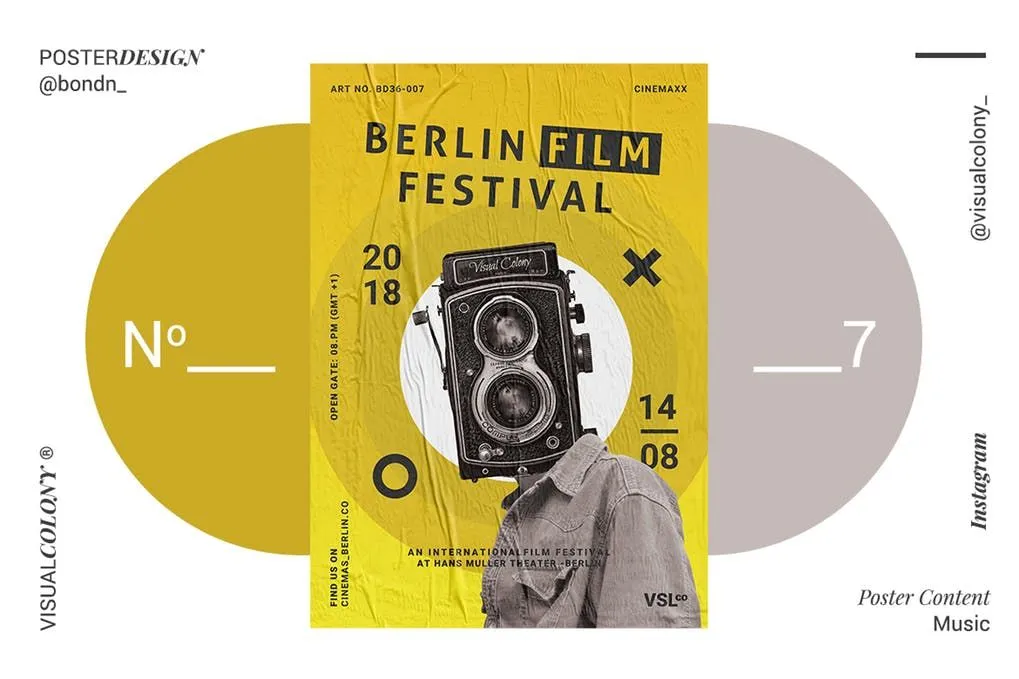
The content is the heart of your cover letter, so make every word count. Use concise, clear language and avoid jargon or overly complex sentences. Convey your passion for the film. Be genuine and let your personality shine through. Tailor the content to the festival, highlighting why your film is a good fit. The content needs to capture attention and convince the selection committee that your film deserves to be seen.
The Opening Paragraph
The opening paragraph is your chance to make a strong first impression. Start with a personalized greeting and mention the film’s title, genre, and duration. Briefly state your purpose, expressing your excitement to submit your film to the festival. Make sure to catch their attention and entice them to read the rest of the letter. Show genuine enthusiasm and respect for the festival. The first paragraph sets the tone for your entire letter, so make sure to make it count.
The Body Paragraphs
The body paragraphs provide details and highlight your film’s strengths. Include a concise synopsis that captures the essence of your story. Explain your film’s unique elements, any awards or recognitions, and your connection to the festival. Tailor your language to match the festival’s focus and target audience. Show how your film aligns with their values and programming. Use this section to make a strong case for your film’s selection, providing context and showcasing your film’s uniqueness. Each paragraph should support your overall message and convince the committee to watch your film.
The Closing Paragraph
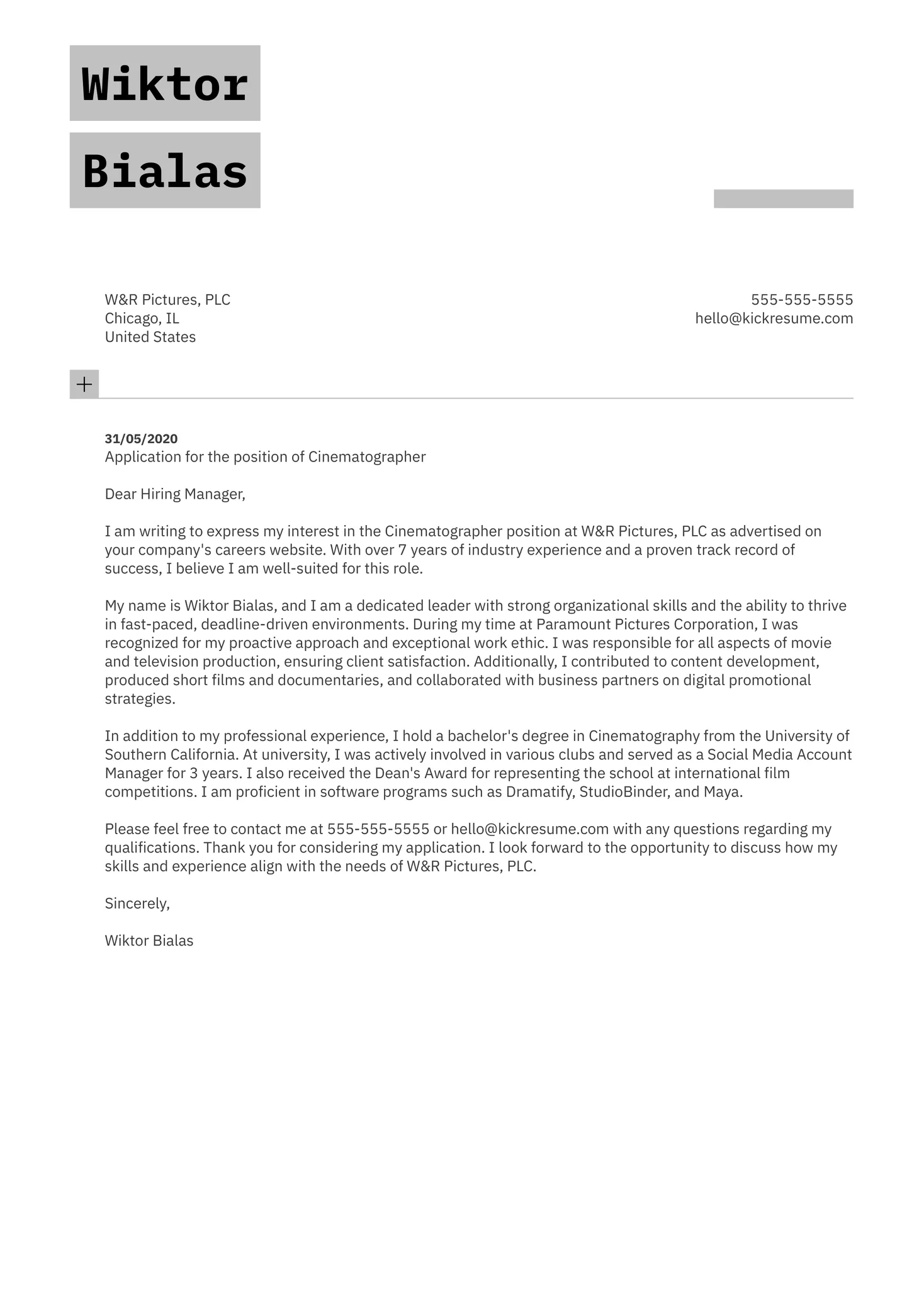
The closing paragraph should reinforce your interest and express your enthusiasm for screening your film. Thank the selection committee for their time and consideration. Reiterate your excitement about the festival and its mission. Include a call to action, such as expressing your willingness to provide additional materials or answer questions. End with a professional closing like “Sincerely” or “Best regards,” followed by your name and contact information. The final paragraph leaves a lasting impression and reaffirms your commitment to the festival.
Proofreading and Editing
Proofreading and editing are essential steps that should never be skipped. Typos, grammatical errors, and formatting inconsistencies can undermine your credibility and damage your chances. Carefully review your cover letter for any mistakes, and then ask someone else to read it as well. Fresh eyes can often catch errors that you might miss. Proofreading ensures that your cover letter is professional and polished, and the details prove that you take your work and the submission seriously. It’s the final polish that sets you apart.
Ensuring Accuracy and Professionalism
Check for spelling and grammatical errors. Ensure your formatting is consistent. Verify all names, titles, and dates. Double-check the festival’s guidelines and ensure your letter adheres to them. Proofreading and editing show that you value quality and precision, which reflects well on your film. A clean and professional cover letter makes a positive impression and increases your chances of success.
Common Mistakes to Avoid
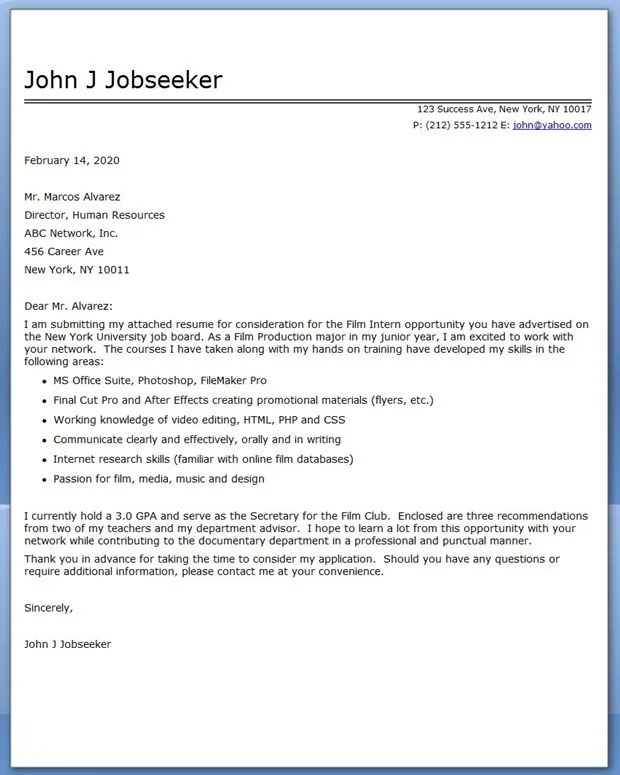
Several common mistakes can hurt your chances. Avoid generic cover letters that aren’t personalized. Steer clear of typos, grammatical errors, and formatting inconsistencies. Ensure you follow the festival’s guidelines and don’t submit the wrong materials. Being aware of these pitfalls will help you craft a cover letter that stands out for the right reasons.
Generic Letters
Generic letters lack personalization and show a lack of interest in the festival. Tailor each cover letter to the specific festival you’re submitting to. Mention its unique qualities, and express genuine interest in its programming. Generic letters imply that you didn’t do your research, which might lead the selection committee to think you’re not serious about the submission. Personalize your letter to make a positive impact and increase your chances.
Typos and Grammatical Errors
Typos and grammatical errors diminish your credibility and make you seem unprofessional. Proofread your letter carefully, and ask someone else to review it as well. Ensure your formatting is consistent and your language is clear and concise. Errors suggest a lack of attention to detail, which can harm your chances. Taking the time to proofread and edit shows you care about the quality of your work.
Neglecting the Festival’s Guidelines
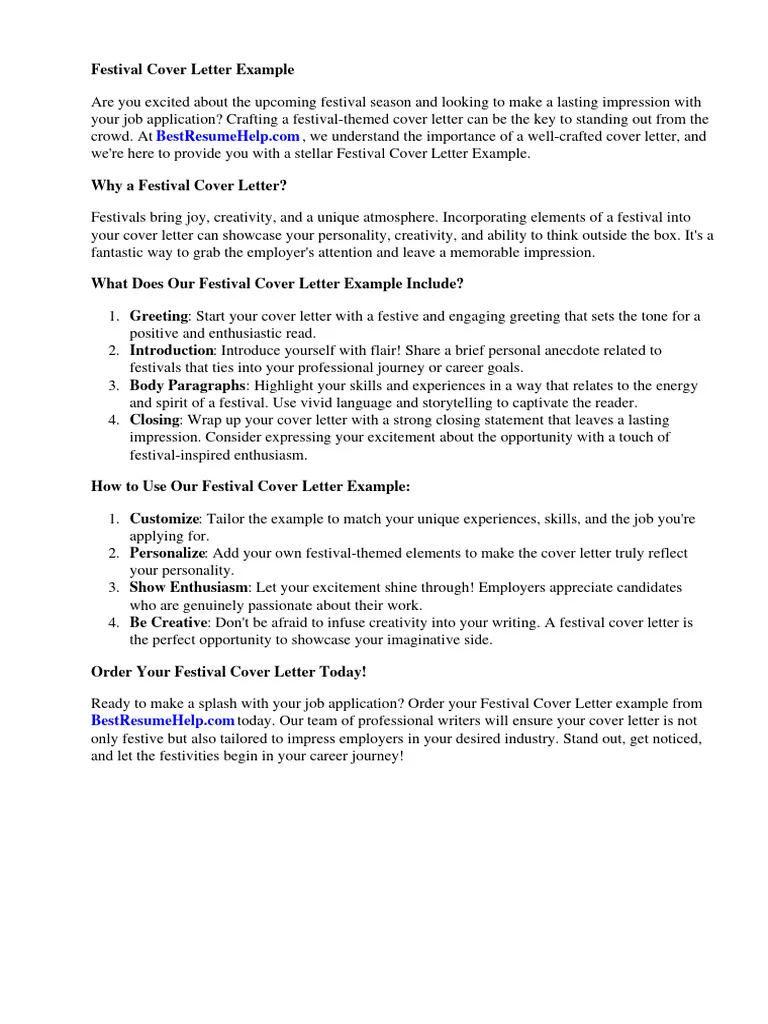
Each film festival has its own submission guidelines. Ignoring these guidelines can be a significant mistake. Always read and follow the festival’s specific requirements for cover letters, submission materials, and deadlines. Failure to do so might lead to your film being disqualified. Paying attention to the guidelines demonstrates respect for the festival and increases your chances. Always prioritize the requirements.
Getting Feedback
Ask for feedback before submitting your cover letter. It’s always helpful to have someone else review your work. Ask a friend, colleague, or mentor in the film industry to read your letter. Fresh eyes can catch errors or suggest improvements that you might have missed. Feedback helps refine your message and improve its impact. Seeking external input can significantly enhance your cover letter’s effectiveness.
Seeking Second Opinions
Get a second opinion from someone with film festival experience, such as a screenwriter, producer, or director. They can offer valuable insights on the effectiveness of your letter and ensure it meets industry standards. A second opinion can identify potential weaknesses and suggest improvements. Leverage your network to get feedback from someone who knows the world of film festivals well.
Refining Your Cover Letter
Use the feedback you receive to refine your cover letter. Make revisions based on the suggestions, and then review the final draft one last time. Be open to suggestions and willing to make changes. Refinement ensures your cover letter is polished and effective. It demonstrates that you’re serious about your submission and committed to making it the best it can be. The goal is to make sure your cover letter makes a great impression on the selection committee.
